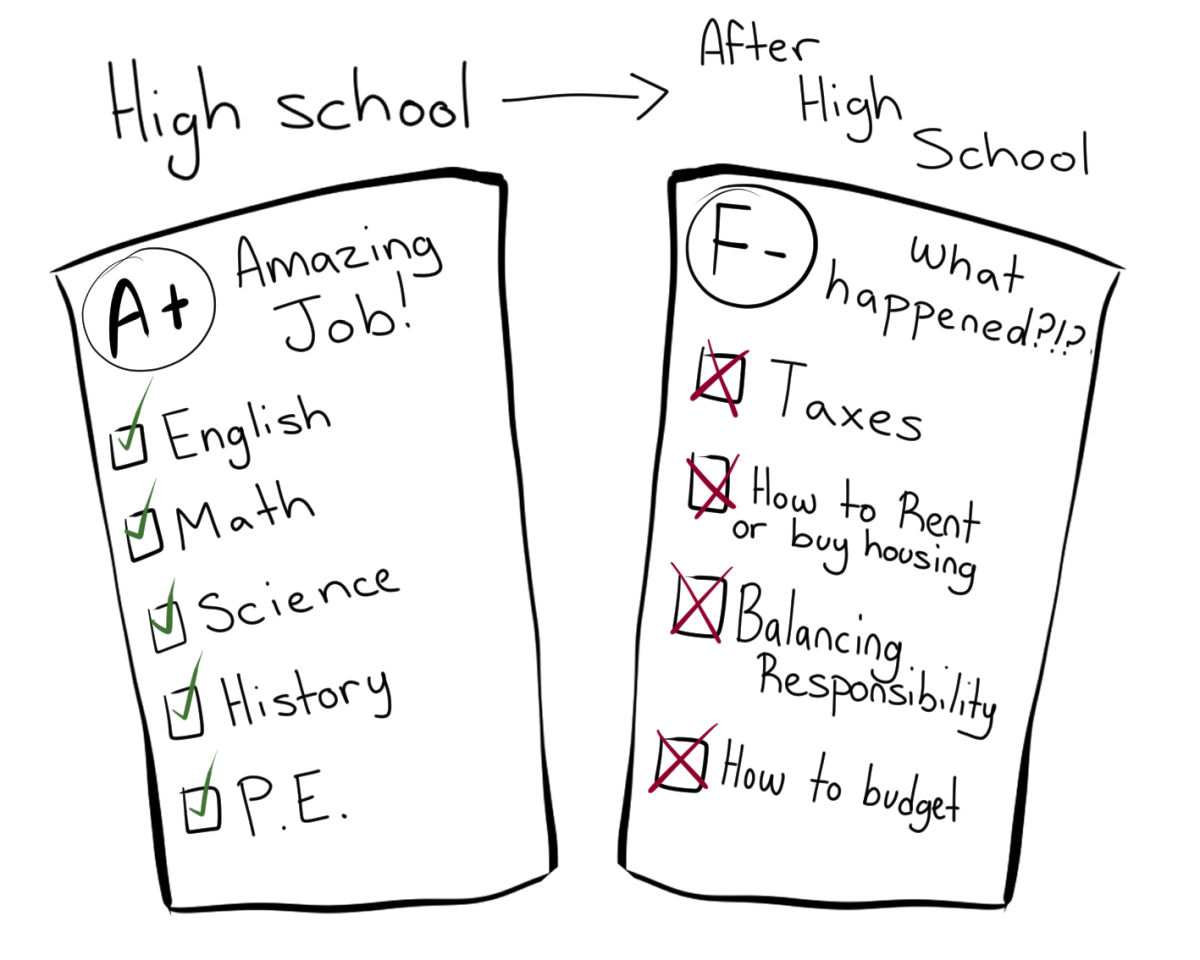With every new semester comes the renewal of our motivation to succeed; the unrelenting optimism that this semester will be the best one yet and we will work our hardest to achieve the best grades we can. But we all know that early optimism doesn’t always last, and sometimes we don’t accomplish everything that we initially meant to for any number of reasons.
Maybe you didn’t pass that class because you didn’t know how to study for those really finicky exams. Perhaps you just didn’t know where to seek help beyond the classroom, after spending hours trying to figure out your homework.
Whatever the case may be, know that there are many resources available to you on and off campus to help you accomplish your goals. Here are a few helpful tips to help you maintain that pre-semester spunk and keeps those grades where you want them to be:
First and foremost, think about how you study for your classes, because it does matter.
Utilizing a method that may not actually be helping you is a common mistake students make when trying to study for exams. For example, cramming the night before a big test has been proven to be more detrimental than its worth; your brain can’t possibly store a large amount of knowledge under such stressful conditions.
If you’re not sure what the best method of study would be for you, the VARK online questionnaire can help you find out. The name “VARK” itself is an acronym for the types of learners you can be: Visual, Aural, Read-Write, or Kinesthetic.
Another wonderful asset to the VARK system is the overall assessment; once your results are in, the website will even offer you suggestions as to what would be the best method or methods of study for your learning preference.
“The VARK website can be a powerful tool in empowering students to think more about how they learn and how to make informed choices,” FCC English professor Jeff Tannen said.
“For example, my students that are auditory learners get much more out of my class when they listen closely, participate in discussion, and record the lectures. My students that are readers and writers do best when they take notes, even when we’re going over a power point that’s available to them on Blackboard. It can seem like such a trivial thing—thinking about how you learn—but it can make a world of difference in a student’s college performance, as well as in real life,” he added.
Tannen encourages his students every semester to take the online quiz, and in doing so has noticed that students who are aware of their specific learning styles “retain more information and demonstrate better comprehension than those students who don’t think about how they learn.”
Last but not least, always remember “FOGS.” It’s an acronym based on four methods of study that can work alone or hand-in-hand. It stands for, “Flashcards/Outline/Group-Study.”
The beauty of FOGS is that it caters to all the learning preferences. Making flashcards is one of the most common and effective tools that can be used in virtually any course. It helps tremendously with memorization and can be used to make note of key terms, facts, and any study guide questions you may receive in class.
Flashcards also go alongside making outlines, which is my personal study method of choice. This is a wonderful tool to use for any class that assigns heavy textbook reading, particularly when the content is difficult and boring.
Pinpoint the main idea in each paragraph, and be sure to distinguish between the major and minor details of the main idea. Circle any words you don’t know, whether they are key terms or not, and make flashcards to study by.
It can be a very tedious process, it’s much better than trying to re-read a section over and over and still not get it. Outlining leaves no room for missed details and improves your memory retention.
Finally, never underestimate the power of Group-Study. Studying in a group gives you the chance to evaluate your own knowledge and learn things from your peers you maybe didn’t catch in lecture. It’s not uncommon for there to be instances where your peers can explain a concept to you in a way you understand that perhaps your instructor could not.
Take advantage of these kinds of resources. Make a point of getting to know your neighbors in all your classes, and swap numbers so you can refer to each other for help when you need it.
Like anything in life, nothing great is achieved without a little pain and sacrifice. Every student out there is capable of achieving anything they aspire to be or do, and there’s no reason not to walk down that road of success.






